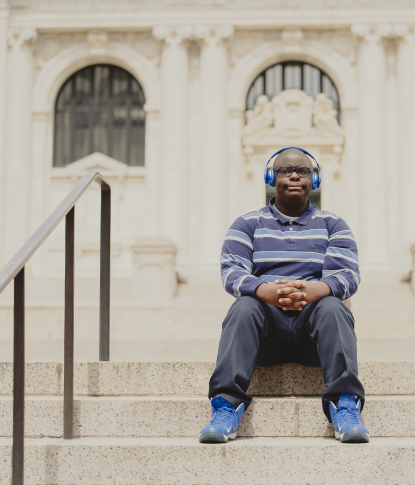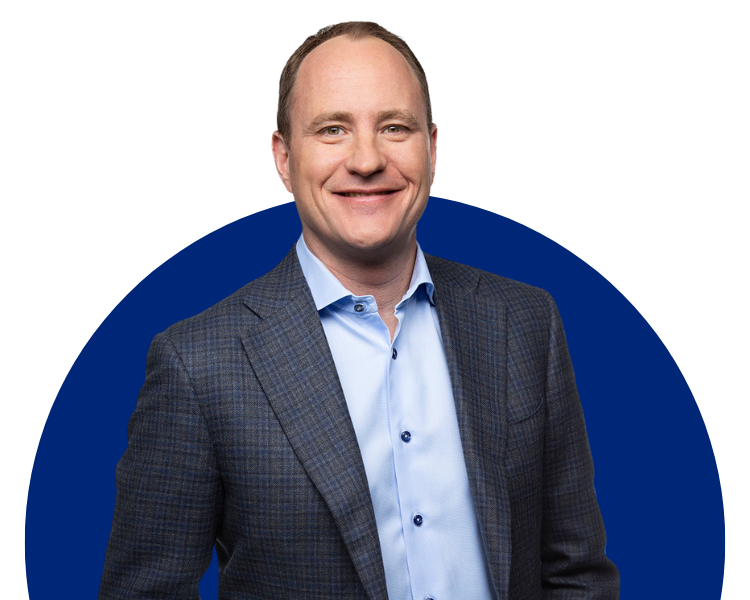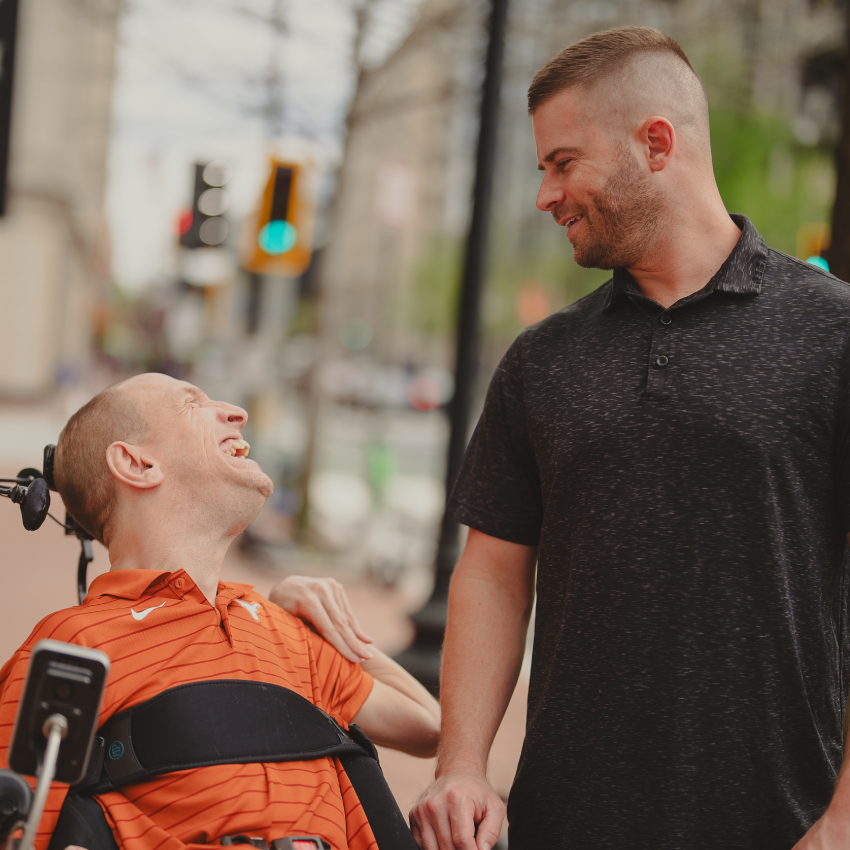The big picture
The United Health Foundation, the philanthropic foundation of UnitedHealth Group, and The Arc of the United States have announced a three-year, $2.5 million grant partnership. Up to 40% of people with intellectual and developmental disabilities have co-occurring mental health conditions, and this critical funding will help address their unmet mental health needs.

The details
Over three years, the United Health Foundation grant will help train 2,000 caregivers, health care professionals, first responders, educators and family members to recognize mental health needs of individuals with intellectual and developmental disabilities (IDD) and decrease the number of mental health crisis incidents experienced by this population.
Only about 1 out of every 10 kids and teens dealing with IDD and mental health issues are getting the extra help they need, and adults with disabilities are 3.5 times more likely to feel stressed out and hopeless, according to data provided by America’s Health Rankings. These statistics show how important it is for caretakers — like doctors, therapists and family members — to give the right kind of support to people with disabilities.
“People with intellectual and developmental disabilities face barriers from the moment they are born, which can have a direct impact on their mental health. But too often, their mental health needs are going unmet due to stigma, lack of training and biases. This generous investment by the United Health Foundation gives us a path to tackle this mental health crisis head-on by providing critical training to all who interact with our community — medical professionals, caregivers, first responders, educators, families and more.”
Katy Neas | chief executive officer, The Arc of the United States
The Arc is the largest national community-based organization advocating for and with people with IDD and serving them and their families. Founded in 1950 by parents who believed their children with IDD deserved more, The Arc is a network of nearly 600 chapters across the country promoting and protecting the human rights of people with IDD and actively supporting their full inclusion and participation in the community.
Between the lines
Ten chapters of The Arc will be provided with nearly $100,000 to develop local plans that fit the needs of people with IDD. Local chapters will use the funds to deploy supports to make it easier for people with IDD to access mental health care, help the disability and health systems to work better together, train providers and caregivers to spot mental health issues in people with IDD, and launch a public awareness campaign to combat stigma and misconceptions about disabilities.
The 10 chapters receiving grants are: The Arc of Arizona, The Arc of Loudoun (VA), The Arc of Macomb County (MI), The Arc of Mississippi, The Arc of Oklahoma, The Arc of Oregon, The Arc Prince George’s County (MD), The Arc Rhode Island, St. Louis Arc (MO) and Sertoma Star Services (IL).
“When we root ourselves in empathy and build alongside those with lived experiences, pretty powerful things begin to take shape. The United Health Foundation is committed to building strong partnerships and providing resources to address the needs of our communities. Together with The Arc, we’re excited to see the impact this work has on providers, caregivers and the people they serve.”
Dan Schumacher | executive vice president, UnitedHealth Group
| member, United Health Foundation Board of Directors
| executive sponsor, UnitedHealth Group's disability inclusion employee resource group
Educating others
A key component of the grant is partnering with the National Council for Mental Wellbeing to adapt its evidence-based Mental Health First Aid program with information on IDD. This training program will focus on how to spot signs of mental illness or substance issues and know what to do next. Mental Health First Aid makes it easier to have those important conversations.
Our related commitments
This grant partnership is a demonstration of the United Health Foundation’s mission of helping build healthier communities and reflects UnitedHealth Group’s commitment to help people live healthier lives. Other philanthropic partnerships, recognition and company programs include:
UnitedHealth Group has been named a best place to work for disability inclusion for the past four years by the Disability Equality Index.
As an employer, disability inclusion is central to who we are as a company. We continuously strive to improve health care accessibility, foster an inclusive culture for all types of disabilities and offer sustainable careers at all levels. Our Disability Inclusion employee resource group connects employees from across the enterprise who have disabilities or care for those who do.
The UnitedHealthcare Special Needs Initiative helps families who are on a diagnostic odyssey get connected with a team of specialists to arrive at a more holistic diagnosis and treatment plan.
The United Health Foundation produces America’s Health Rankings to draw attention to public health and better understand the health of various populations. The platform provides actionable, data-driven insights focused on sparking dialogue and raising awareness for the nation’s most pressing health challenges. The 2023 Mental and Behavioral Health Data Brief, for example, documented the significant mental and behavioral health disparities that exist for adults and youth with disabilities compared to their peers without disabilities.
UnitedHealth Group is the presenting sponsor of the 2026 Special Olympics USA Games.

Resources
Optum has developed a free toolkit to assist health providers in supporting individuals with intellectual and/or developmental disabilities in their practice. Learn more
In addition, Optum developed and piloted a peer mentor training curriculum for individuals with IDD that is also available for free. The curriculum was created with input from individuals with IDD and is designed for organizations that want to develop peer programs and employ peer mentors. Learn more
Anxiety disorders are more common in children who have autism than their nonautistic friends. Nearly 4 out of every 10 kids with autism also have at least one anxiety problem. Dr. Danielle Madril from UnitedHealthcare has some tips to help figure out when everyday stress turns into something bigger, like a childhood anxiety issue. Learn more
All photography courtesy of The Arc.
Share This Story